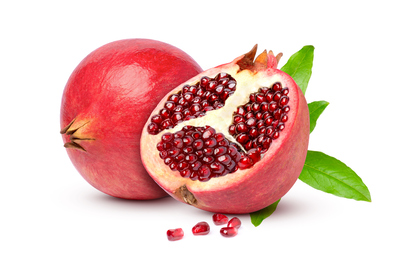What are Antioxidants? And Why Does Your Skin Need Them?

We all know how crucial it is to wear sunscreen every single day–a broad spectrum SPF of at least 30, to be specific. But what’s not as clear are the benefits of antioxidants in skin care. While sunscreen clearly protects the skin from UV damage, which includes potential skin cancer and early signs of aging, the place for antioxidants in your daily regimen can be a little bit confusing. “Antioxidants are important because they fight off free-radicals, which are reactive agents thought to cause cell aging,” says Dr. Rachel Nazarian. “Using antioxidants can decrease the damaging effects of these toxic molecules.”
When a free radical damages the skin’s cells, it can cause a chain reaction that leads to more cell death which can present as signs of aging on the skin as well as disease inside the body. The best way to fight off free radical damage is by eating a diet rich in antioxidants as well as using skincare products containing antioxidants. “My favorite antioxidants are polyphenols,” says Dr. Nazarian. “You can find them in green tea and certain fruits like pomegranate.” When you eat your antioxidants, you’re fighting free radicals from the inside out. When you apply antioxidants topically, antioxidants create a barrier on the skin, protecting it from harmful toxins and elements.
Now, do it!
Load up on antixodiant-rich superfoods such as pomegranates, berries, seeds, nuts and beans. For your skin, try Super Critical Chia Oil from One Love Organics and GTS 2.4 Green Tea Serum from Clear Clinic Laboratories.
